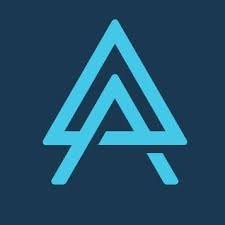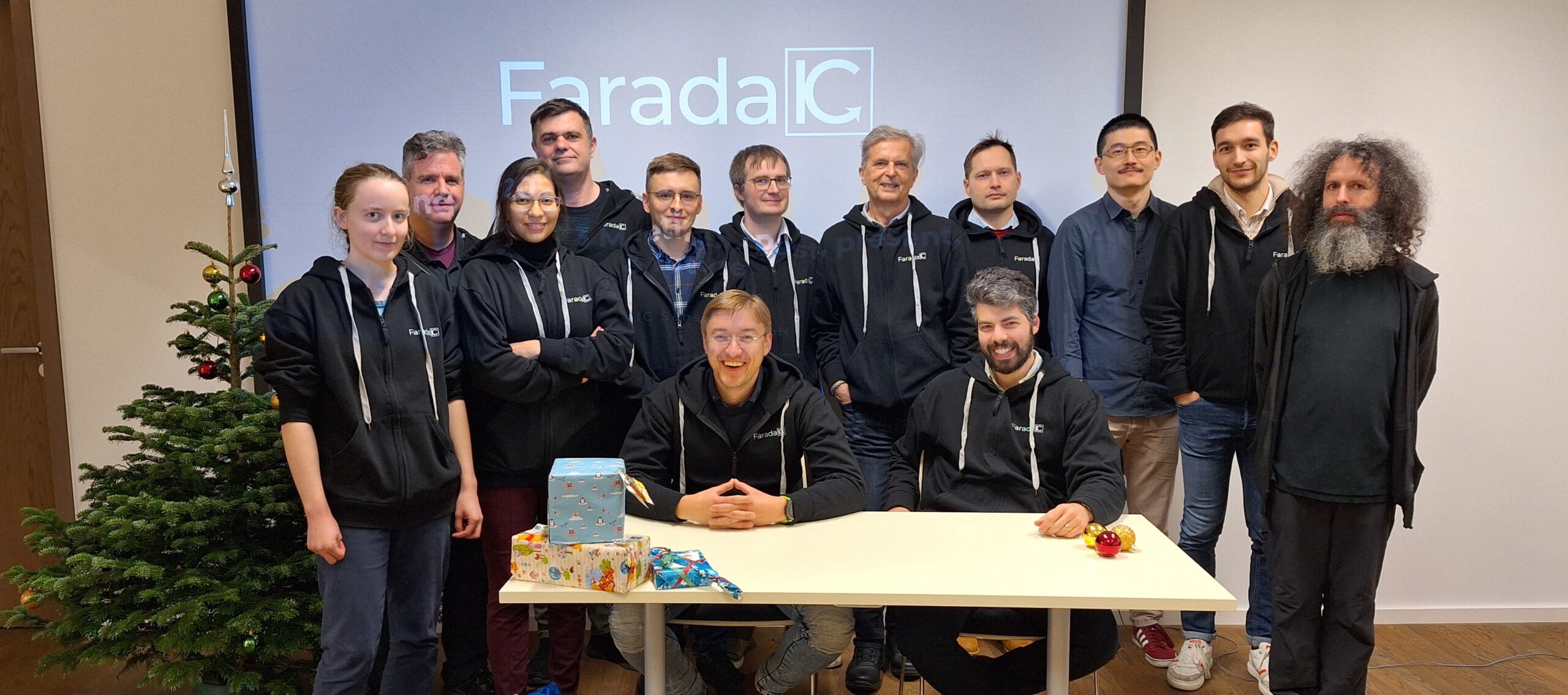Meet Ryan from FaradaIC Sensors
Q: Can you introduce yourself and provide an overview of FaradaIC Sensors?
A: Hi, I’m Ryan Guterman, the CEO and co-founder of FaradaIC Sensors. Our focus at FaradaIC is on creating small, but impactful gas sensors for next-gen IoT, with our flagship product being the world’s smallest oxygen gas sensor. This innovative idea stemmed from my co-founder, Alexey, who identified a significant demand in various markets, including food logistics, where the need for a compact sensor was crucial. The existing sensors in the market were too large for companies developing IoT devices to integrate seamlessly. Our solution addresses this challenge by offering a small sensor that fits into these products and consumes less power while delivering superior performance.
Why Alchemist?
Q: What motivated FaradaIC to join the Alchemist accelerator?
A: The decision to join Alchemist was driven by the recognition of the need for guidance and support in our startup journey. The application process involved an initial online submission followed by a series of interviews. During these interviews, Alchemist delved into understanding our team, and our product, and ultimately made a decision based on our vision and potential impact.
How a Founder Gets In
Q: Can you walk us through the application process for Alchemist?
A: The application process began with an online submission, leading to interviews where Alchemist aimed to grasp the essence of our team and product. The questions were designed to uncover our motivations and objectives. It culminated in a decision-making phase where Alchemist evaluated the potential fit for their accelerator program.
Q: How competitive was the application process, and what distinguished FaradaIC?
A: While the exact competitiveness is hard to gauge without visibility into other companies, Alchemist typically hosts up to 40 companies per cohort. The six-month program is intensive but rewarding. What set us apart was Alchemist’s growing interest in DeepTech. They recognize the significance of science-backed startups, considering them as the next big wave in the startup ecosystem, and saw alignment with our trajectory.
A Day in the Life at Alchemist
Q: After acceptance into Alchemist, how does the program unfold, especially in the context of its duration and format?
A: The Alchemist program spans six months, typically involving in-person sessions. However, during the COVID period, it adopted a remote approach. Presently, it’s conducted entirely online. The program encompasses weekly meetings with Ravi, Alchemist’s founder, leading discussions. At the end of the six months, a demo day is organized, showcasing startups to potential investors through pre-recorded videos. Additionally, the Alchemist Vault provides access to mentors and advisors, facilitating networking and engagement.
Q: Was the Alchemist program structured around specific monthly themes, such as finance, product development, or marketing?
A: While there was a loose structure, it wasn’t as rigid as in some other incubators. Ravi, the founder, conducted weekly meetings and guided discussions without a strictly prescribed monthly focus. The emphasis was on dynamic engagement, ensuring startups received tailored support and guidance.
Q: Did FaradaIC receive funding from the Alchemist program, and how does the funding structure work?
A: The specifics vary among companies, and while there is a participation fee, the details are negotiated individually. Funding details may have evolved since my last update in early 2022, so checking the Alchemist website for the latest information is recommended.
Milestones and Challenges in the Alchemist Program
Q: Can you recall a significant milestone achieved during the Alchemist program, and were there any notable challenges?
A: The entire program was a series of challenges, from formulating answers to tough questions, and executing tasks, to perfecting the art of pitching and documentation. Engaging with seasoned professionals demanded meeting exceptionally high standards. As for milestones, post-Alchemist, we secured substantial funding through investors and grants. Winning the prestigious EIC Accelerator, with its under 1% success rate, marked a significant achievement. Currently, our focus is on product testing, validation, and scaling up by year-end.
Q: Reflecting on the journey after Alchemist, where does FaradaIC stand today, and what upcoming milestones are in sight?
A: Post-Alchemist, we’ve successfully raised funds, notably winning the EIC Accelerator with its highly competitive selection. Our current focus is on putting our developed product in the hands of customers for testing, validation, and gearing up for scale by the year’s end. Alchemist’s impact resonates even now, especially for deep tech companies, as it provides a unique network and opportunities to connect with accomplished individuals in the field.

